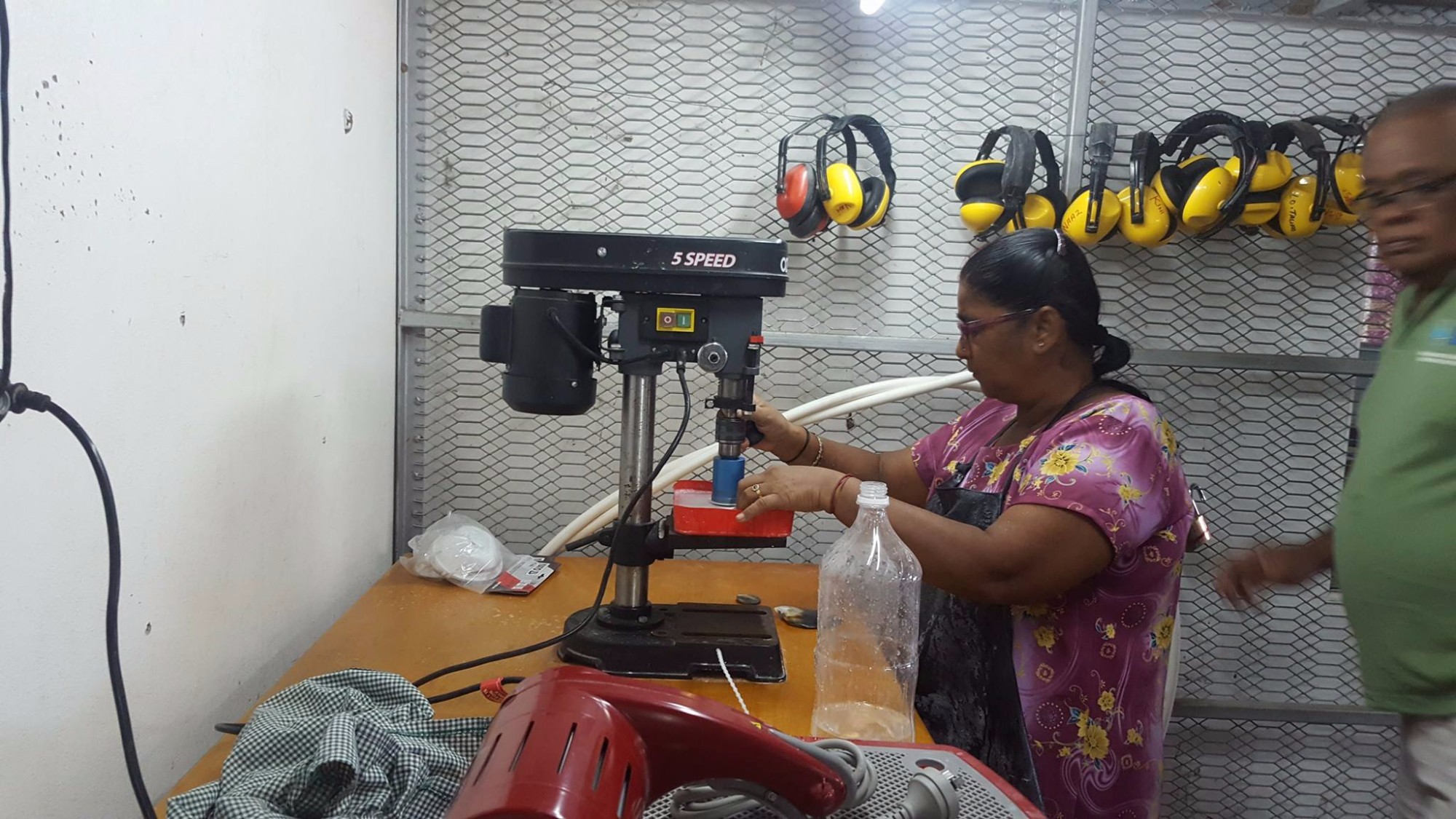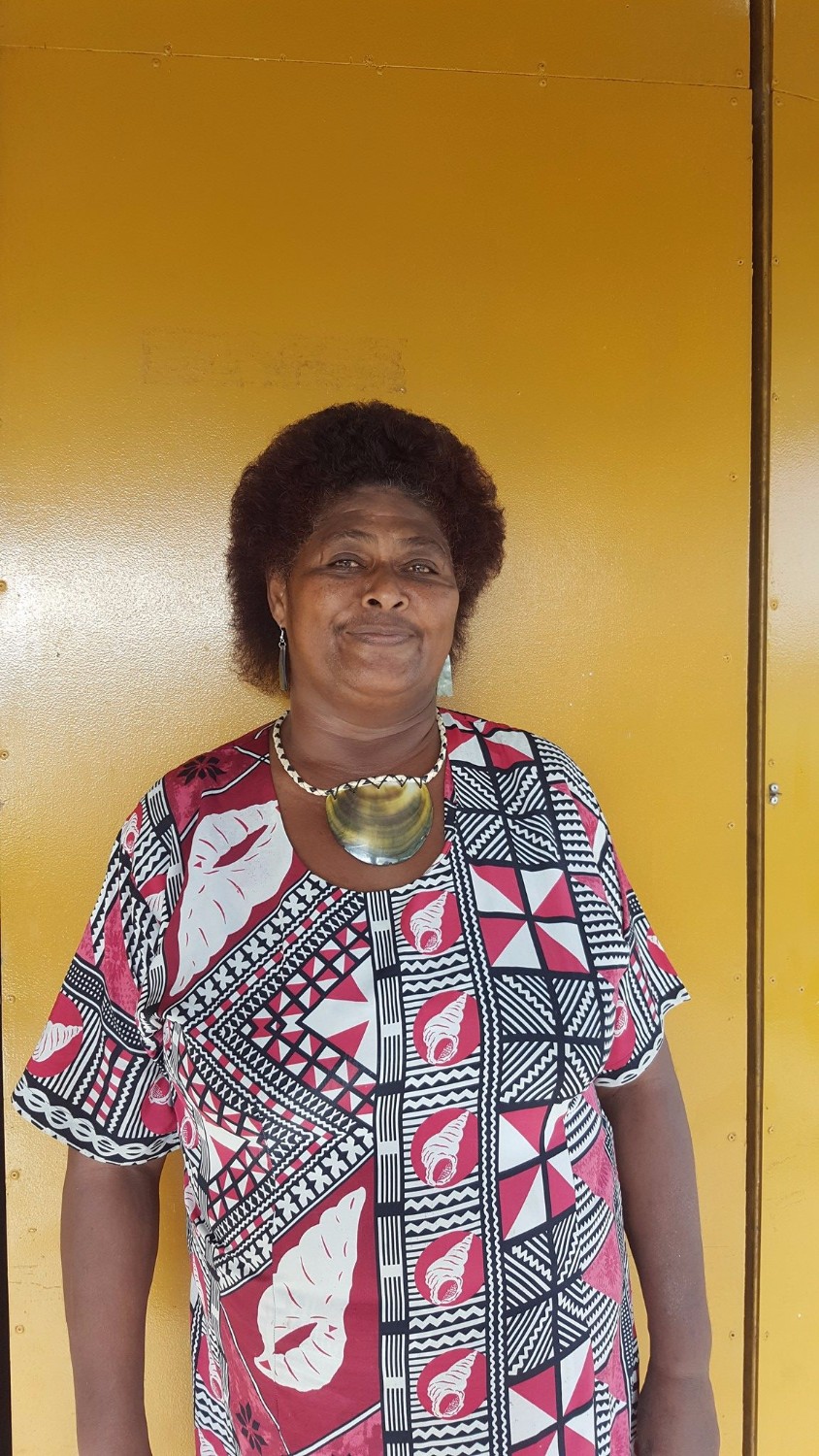Empowering rural women
Last month was International Day of Rural Women – a day that pays tribute to the invaluable role that women play in their homes, local communities, income generation, and overall family wellbeing. Yet, around the world, rural women and girls suffer disproportionately when it comes to poverty and hunger. Often, they struggle to gain access to land, credit, agricultural inputs and markets. Structural barriers and discriminatory social norms continue to constrain women’s decision-making power, and prevent them from having the same political and social participation as their male counterparts. With tightening farm profit margins, the out-migration of men to towns and cities is a common trend, and as such the workload for women – both in the field and the household – increases, and so do the challenges of poverty, hunger and exclusion.
Australian researchers are working to address these challenges and empower rural women around the world.
“I am a powerful woman now I can earn extra income… I pay school fees and medical insurance for my children,” were the words of Jacinta Namutebi, an attendee of a soil fertility workshop supported by The Crawford Fund in Uganda. With a focus on women, the goal of these Ugandan and Ethiopian training workshops (which have been held in 2012, 2015 and 2017) have been to empower subsistence farmers by linking soil tests to fertiliser use, thereby improving crop management and raising household income.
The Crawford Fund also has a long association with PNG Women in Agriculture, and has supported training for them in leadership, communication and floriculture skills. These workshops have focused on self-confidence, as this is important for women looking to improve their business and entrepreneurial acumen. Likewise, ACIAR supports women-led handicraft business development projects in Oceania, with pearl programs in Polynesia improving industry based livelihoods. Another ACIAR project located in the eastern Gangetic Plains of Nepal is working with a women’s farming co-op to ensure access to irrigation and improve landlord-tenant relations. “When we return from the market and we make money we feel really good and happy,” says Nepalese vegetable farmer Janaki Devi, who has been able to educate her son in engineering.

Picture: Armilla working on pearl handicrafts
These projects recognise the key role that rural women play in their households, communities and local landscapes.
The theme of the International Day of Rural Women this year is “challenges and opportunities in climate-resilient agriculture for gender equality and the empowerment of rural women and girls.” Climate change is one of the principal threats to quality – and equality – of life on our planet. Beyond environmental problems, climate change threatens food security, water availability, health, housing and self-determination. In essence, it confronts our basic liberties and pursuit of happiness. But the burden of climate change impacts is not distributed equally. Pests and disease, floods, bushfires and altered rainfall patterns amplify existing gender inequalities in rural areas.
Men and women are affected differently by climate change due to different social and cultural roles. In many rural communities, women form the majority of self-employed, small-scale farmers.
Given existing gender inequalities and development gaps, climate change ultimately places a greater burden on women. Climate change also increases vulnerability through emigration of men, increasing the workload on women; cropping and livestock changes that affect gender division of labour; greater difficulty in accessing water and fuel resources; and conflict over natural resources.
For communities most at risk, climate change is disrupting lives, work, food security and the places they call home. But women are also powerful change agents. They are key actors in the health and wellbeing of their families, in building community resilience and responding to climate-related disasters. By improving their skills, knowledge and support structures for rural women, we can strive for gender equality and climate resilience.
The United Nations strives to foster women’s empowerment through climate-resilient agriculture approaches such as:
- Engendering climate-resilient agricultural policies;
- Increasing women’s land tenure security;
- Facilitating women farmers’ access to finance to invest in climate-resilient and time-saving assets;
- Enhancing women farmers’ access to climate-resilient information; and
- Expanding opportunities for female farmers to participate in and move up the climate-resilient agricultural value chain.
UN Women is supporting several initiatives that promote the leadership of rural women in shaping laws, policies, and strategies on all issues that affect their lives. Their flagship program initiatives combine the topics of gender equality and climate action by bringing women’s leadership to the forefront of climate solutions. These programs include women’s empowerment through climate-smart agriculture, women’s entrepreneurship in renewable energy, and addressing the gender inequality of risk in a changing climate.
Programs supported by the likes of The Crawford Fund and ACIAR are working on tackling the challenges faced by rural women. They recognise that systematically addressing gender gaps in rural settings whilst undertaking climate change actions are effective mechanisms to build the climate resilience of households, communities and nations, and in turn help address poverty, hunger and exclusion. Researchers working with rural and farming communities are aware of the important roles women play as change agents, and the tremendous value of gender equality and women’s empowerment for producing social, economic, and climate resilience benefits.

Picture: Ana from the Marama Shellcraft Fiji
The author and RAID acknowledge that the photos used in this blog are from the University of the Sunshine Coast’s ‘Developing pearl industry-based livelihoods in the Western Pacific’ project funded by ACIAR.


